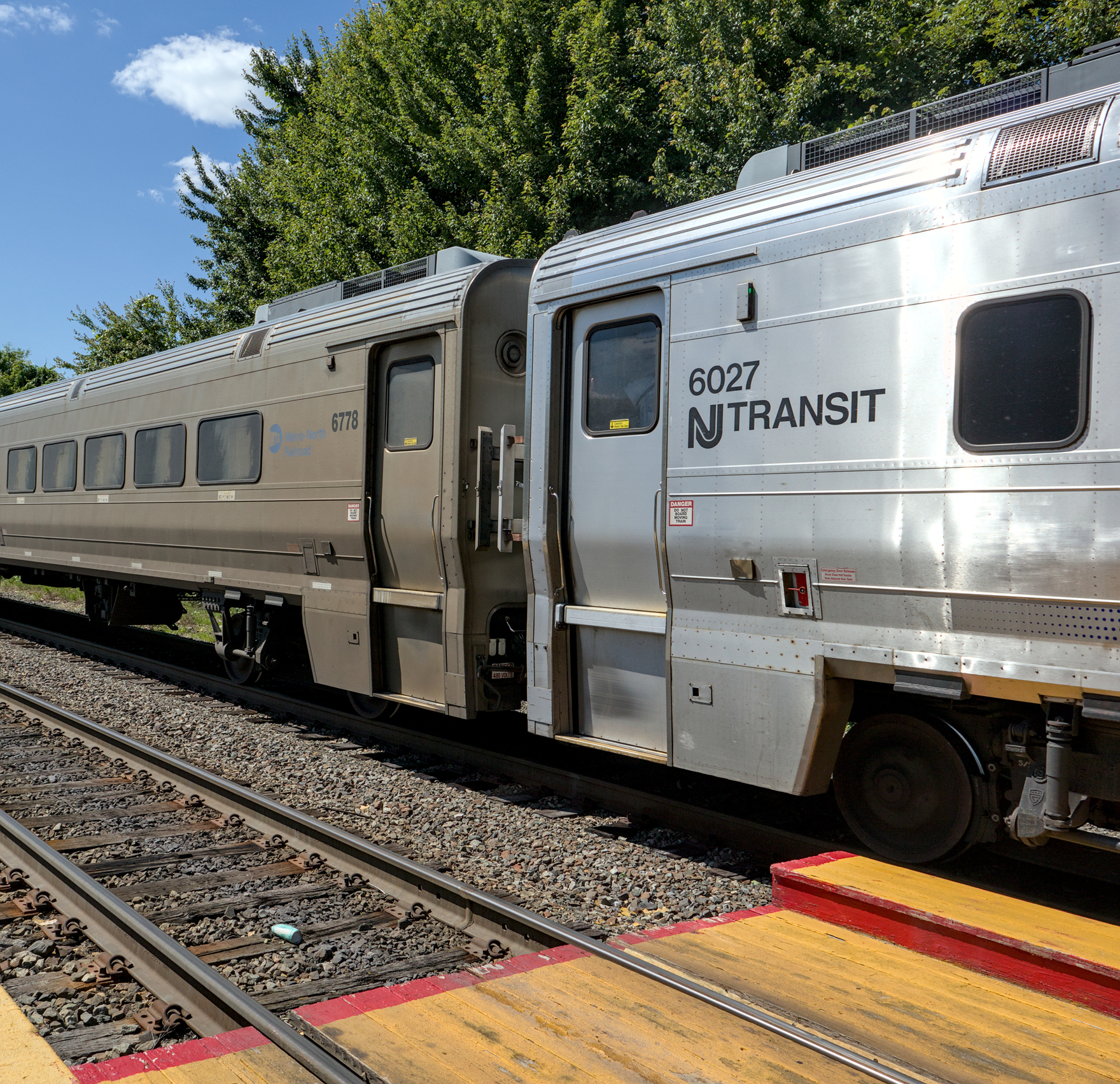Newark, NJ — It’s not going to be a pretty picture if New Jersey’s train workers go on strike next Friday.
New Jersey commuters face potential travel chaos as NJ Transit and its locomotive engineers race against a Friday deadline to resolve a heated labor dispute.
Failure to reach an agreement could trigger a strike by next Friday, May 16, halting rail service and disrupting the daily commutes of hundreds of thousands while threatening the region’s economy.
The conflict, ongoing since the engineers’ contract expired years ago, hinges on wage disagreements. NJ Transit’s latest proposal, overwhelmingly rejected by the union, offered significant pay increases but fell short of the higher salaries demanded by the engineers, who seek compensation comparable to other regional railroads.
Crystal, a Seaside Heights resident who takes the morning train from the Bayhead station to her job in Red Bank each morning says she’s not looking forward to the drive.
“The train to Red Bank is convenient and easy for me on the barrier island,” She said. “Believe it or not, for me to drive directly to work would not only take more time, the ride is worth the relaxation of not having to fight traffic and pay tolls on the Garden State Parkway. This will be a big inconvenience. Telecommuting is not an option for me.”

The agency argues its offer is fair for New Jersey’s economic landscape, while the union insists their members are underpaid compared to peers at neighboring transit systems.
With talks at a standstill and no new negotiations scheduled, both sides have been summoned for federal mediation.
NJ Transit’s leadership has warned that meeting the union’s demands could force steep fare hikes or service cuts, straining commuters and taxpayers alike. The union, meanwhile, highlights a growing exodus of engineers to better-paying jobs elsewhere, which could further erode service reliability.
If a strike occurs, NJ Transit’s contingency plans—expanded bus routes and temporary park-and-ride options—will only accommodate a fraction of rail commuters, likely leading to overcrowding and delays.
As the deadline approaches, commuters are urged to prepare for significant disruptions, with the agency’s limited alternatives unable to fully replace the rail network.
